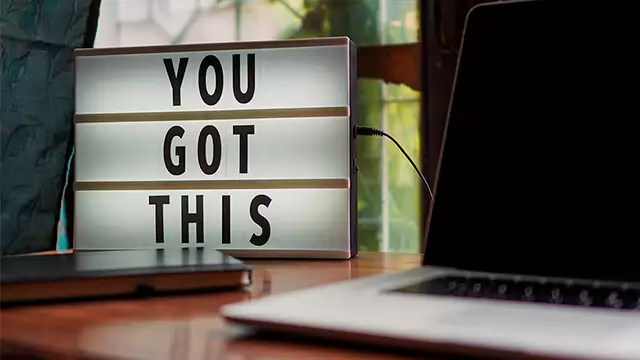Dealing with addiction
What is it?
There are two types of addictions. On the one hand, addiction to substances/substances such as alcohol, nicotine, drugs. This type of addiction is maintained by continuing to use the substances. On the other, addiction to behaviour involving gaming, shopping, gambling, sex etc. This type of addiction is maintained by the thrill you get from performing the acts.
How do you recognise addictive behaviour?
If you are addicted then you exhibit addictive behaviour:
- You are constantly using the drug to achieve a certain effect
- Desire (craving or sigh) creates a repeating pattern
- This pattern is difficult or impossible to break
- Your daily life suffers
In mental dependence, you crave the drug so much that all you can think about is using the drug, this makes you feel like you cannot live without it. With physical dependence, your body has become accustomed to using a substance. This causes your body to protest if you don't use the drug. This can result in symptoms of illness such as fever, nausea, headaches and insomnia. The so-called withdrawal symptoms.
Causes of addiction
Children where one or both parents have been addicts are more likely to develop an addiction. In addition, personal and environmental factors can also play a role. Consider, for instance, a psychological disorder (e.g. depression or trauma). Various stress factors can come into play, e.g. financial problems or study problems. Addiction causes dampening of emotions.
What can you do yourself?
Acknowledging addiction is often accompanied by shame. For many people, it is therefore difficult to admit that they need help. Addiction is treatable. Contact your genral practioner.

